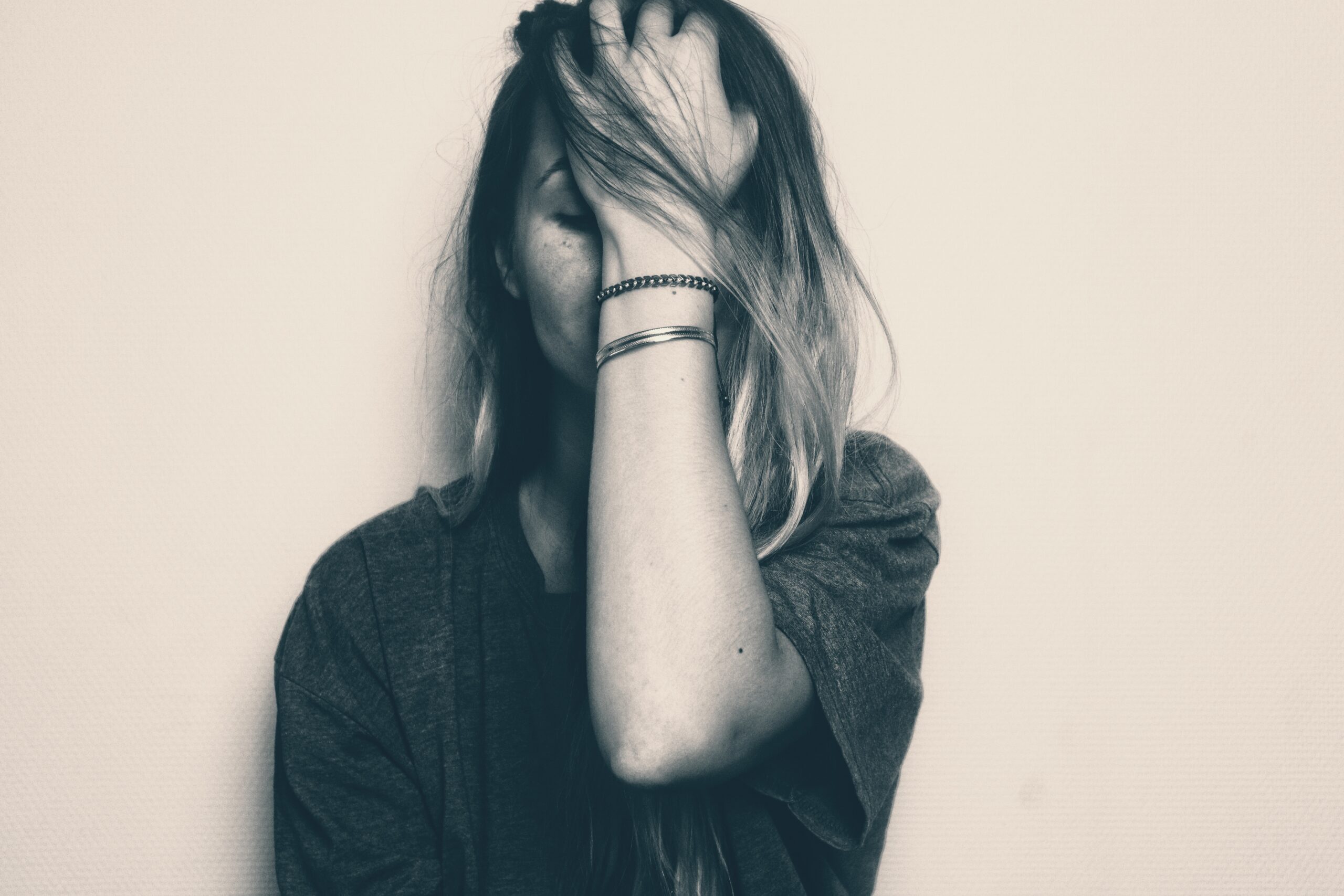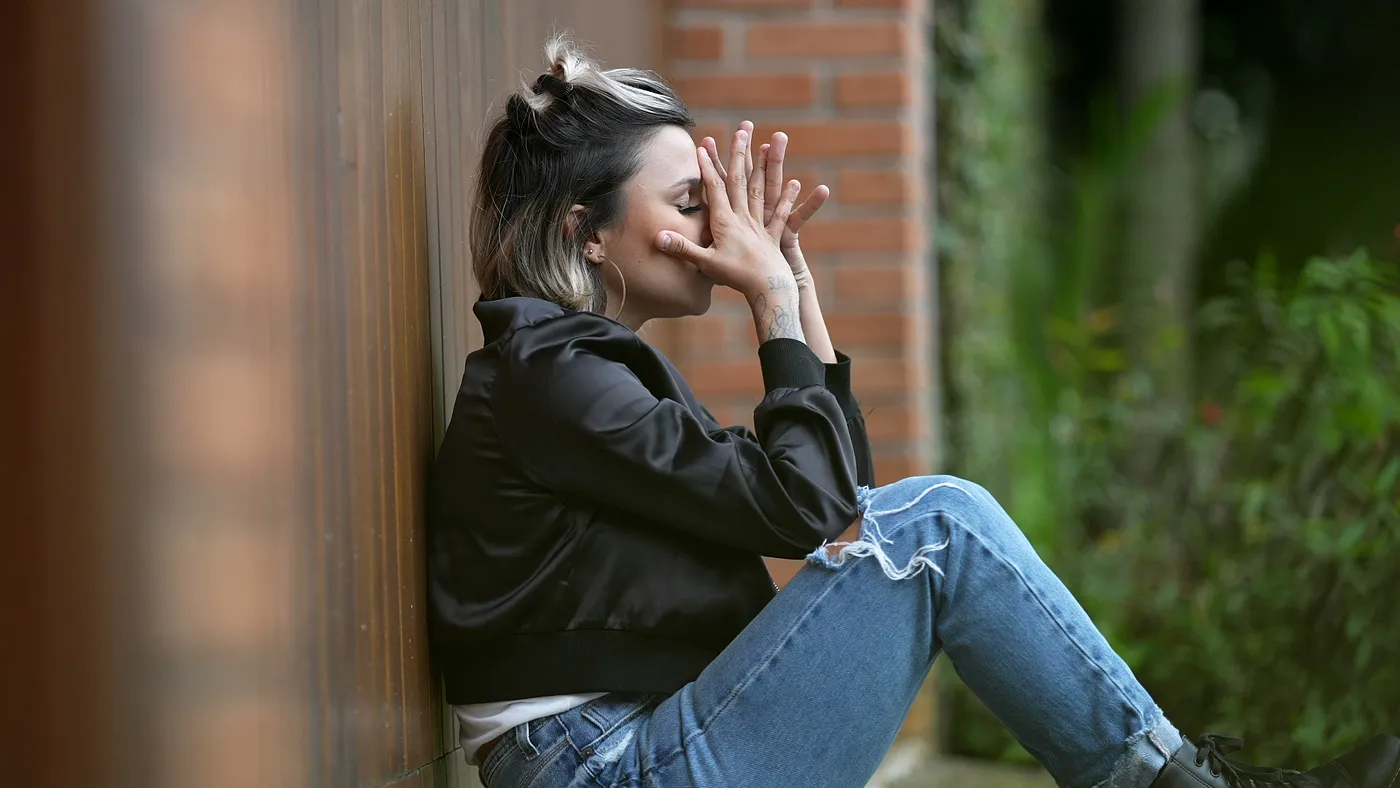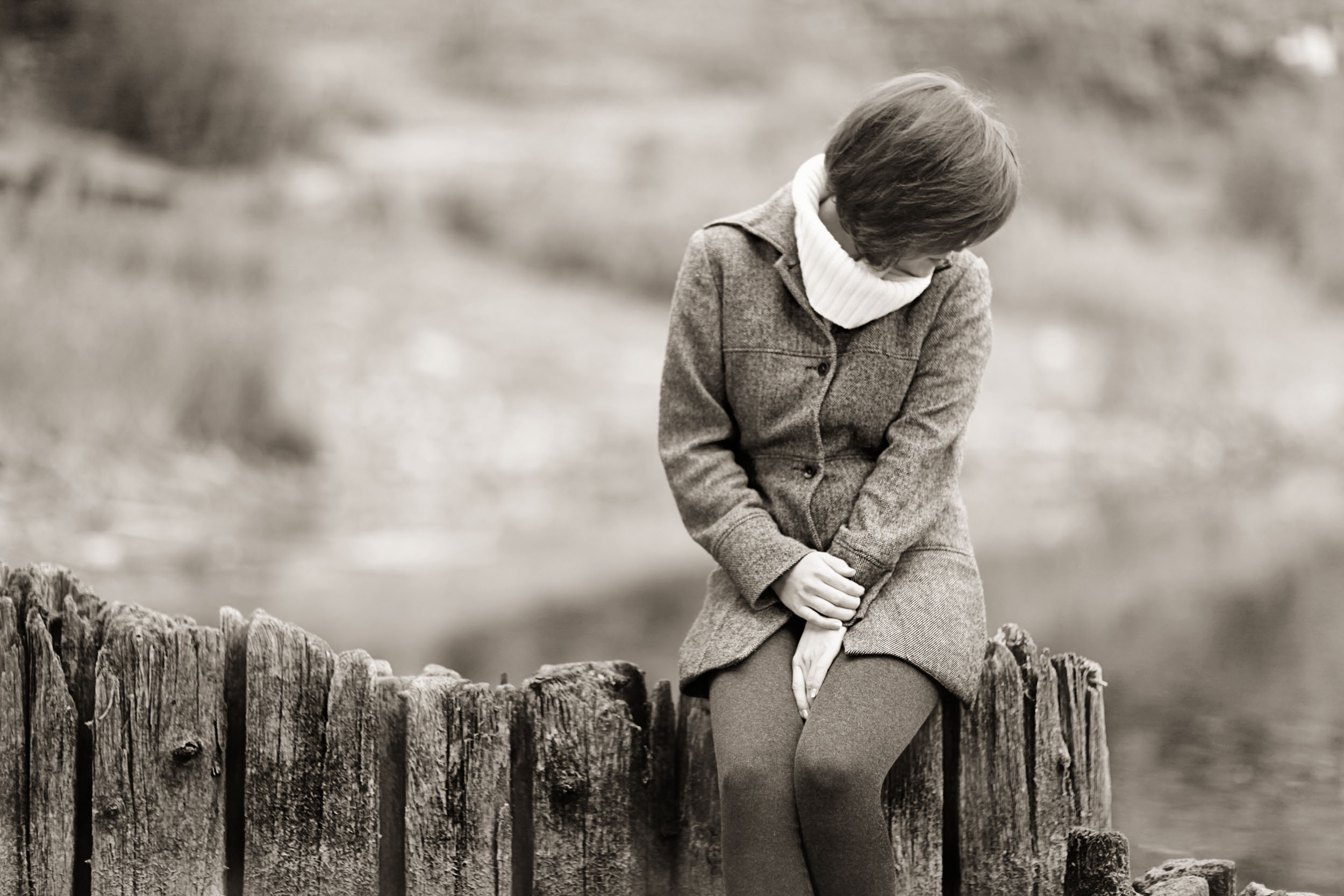Yes, many people hide their addiction…even from those they’re closest to.
When I started dating my now-husband, I had been addicted to Vicodin for a year and a half. Everyone told me not to tell him; they said if I did, I’d scare him away for sure.
I didn’t know how I felt about hiding my addiction indefinitely, but I did realize the wisdom in not letting him know I had a problem right off the bat. I really liked this guy — I didn’t want to screw things up.
For the first time since I started taking the pills, I was secretive about it. I had to take them with me everywhere I went, but I stuffed them deep in my purse, in a place I was sure he’d never see.
When it was time for another dose, I’d invent an excuse to leave the room. The bathroom, a phone call, whatever I could think of. I became an expert at taking pills without water.
Eventually, I came clean, because I knew I didn’t want to build a relationship completely on a lie. At that point in my life the pills were part of me, and I wanted to be upfront and honest about my struggles.
However, not everyone feels that way.
I knew I had a problem — but I also knew I needed to find a solution.
7 months into our relationship I reached my breaking point, and I knew something had to change. It was at that point that I, along with my father, made a plan to get off of opioids forever.
4 months after that, I was clean.
But still, I knew others who were struggling. I knew others who couldn’t, no matter how hard they tried, get away from their addiction. I knew others who decided an addict is what they were and all they’d ever be, because at that point — change was impossible.
I see these people. I recognize them, because I used to be one of them.
I used to feel I could never change, could never get away from what I’d become. Although they may not admit it, the signs they’re an addict are clear.
1. They deny having a problem
One of the first signs of recognizing opioid addiction in someone is denial. They say they’re fine, that they can stop anytime. They say they don’t need help.
Even though their dose is now twice what it was, they think they’re in control. That they have dominance over their bodies, and opioids are just something they have to take.
Maybe some people really believe this. Maybe they don’t want to accept that things are spiraling out of their control, or maybe they like the high associated with the drugs.
Regardless, refusing to admit that opioids are becoming a problem for you is a bad sign.
2. They hide their use from you
Maybe they’ve told you they stopped taking the pills. Maybe they say they just take a little now and then, and it really isn’t a big deal.
But if they’re not being open and honest about how many pills they’re taking and how often, there’s a reason. They know what they’re doing isn’t good, and they don’t want to get caught. The reasons are endless: they enjoy it, they can’t handle the withdrawals, they didn’t realize how the pills work, etc.
Opioids aren’t bad in and of themselves. What makes them horrible is misuse — and it’s not always the person taking them’s fault.
When I was prescribed opioids, I was put on them indefinitely. I didn’t know what I was taking, just that it would help the pain from my surgery. My doctor banked thousands of dollars off of me, refusing to help me when I reached out in worry.
Someone you love may be in a similar situation. Maybe they didn’t know what they were getting into, and maybe the pills weren’t controlled by medical professionals.
But know this — if they’re hiding their use, chances are there’s a problem.
3. Their behavior is erratic
Opioids mess with your mind. They turn you into someone almost unrecognizable from what you once were.
Panic attacks and depression, along with extreme negativity, are common. If your loved one suddenly starts acting different and they’ve been prescribed opioids, it may be worth looking into.
Along with the way they behave emotionally, watch for changes in day-to-day activities. If they once loved to run but now want to sit and binge watch TV all day, there may be a problem.
If they’ve lost interest in the things they love, or started going out without letting you know where, they may be addicted.
Opioid addiction is no respecter of persons.
It doesn’t matter if they’re young or old, healthy or sick. Anyone can become addicted to painkillers, and they’re capable of ruining any life they can.
On average, 130 people die in the U.S. every day from opioid overdose. The scary thing is, at least to me, the fact that I could have been one of them.
I could have been a stat on this list.
If it wasn’t for loving family members reaching out and pulling me back from the brink, who knows what would’ve happened. When the doctors started refusing to up my dose further because I was taking the max amount available, who knows what I would’ve been capable of doing had my dad not stepped in.
It’s easy to blame people for turning to illegal drugs, but if you’ve never experienced the prison of opioid addiction, you just don’t know. You don’t know what addiction can do to a person, how it can change them into someone they never thought they could be.
But you can change that. You can be the difference-maker, you can literally save someone.
And if it’s someone you love, wouldn’t you try?




